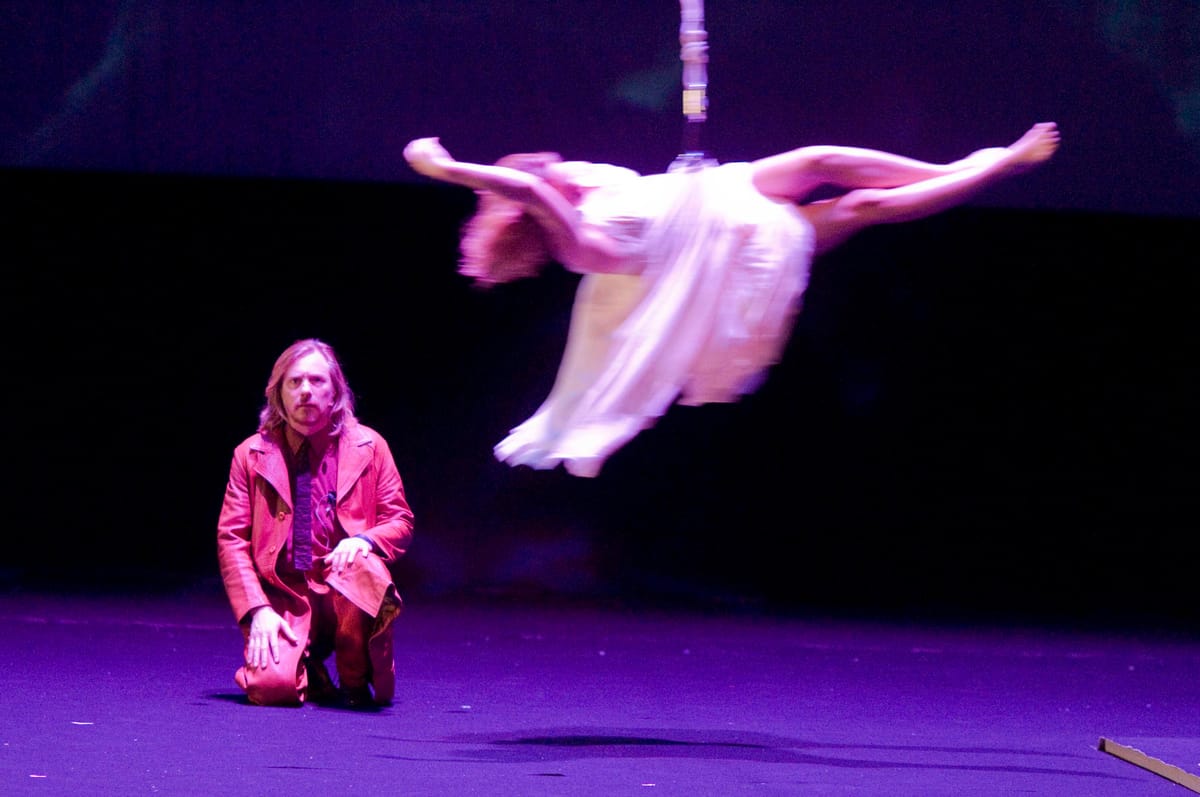Some differences between German & UK approaches to making theatre.
I had a conversation with German theatre maker and lighting designer Kai Fischer to find out more about the European way of making drama. I was also interested in different models for the relationship between writer, director and dramaturg.

Bear in mind that this is a general overview and an effort to learn more about this. There are a myriad different ways which theatre makers approach this question, of course. It would be great to hear readers' own experiences and views on this.
Very broadly, in the UK, directors are more likely than their counterparts in Germany to follow how the play is laid out in the script. In Germany, if that were to happen, the audience would ask - "well, what's different? I could have just bought the playscript." So the director is expected to bring a certain vision to the script, another layer, a re-imagining.
An example of this is Shakespeare, the text can be translated into different registers, modern or period. Likewise with the setting. Directors feel free to really exercise their vision.
No one approach is better than the other. The UK tends to produce good text - the German approach offers strong stage interpretion and that could be why a lot of plays are taken from London and put on in Germany, but not so many in the other direction. It's easier for text to travel. The German way of making theatre can lead to brilliant, exciting work, but its emphasis on the director means that the emphasis is not as much on the text as it would be in the UK.
The German dramaturg then, fits into this space of re-imagination, making sure that the story is still clearly told and works dramatically. It of course comes down to personal relationships between directors and dramaturgs, but the dramaturg would generally work with the director. The director would talk to the actors, so that they don't feel they are being told different things from different sources. (Of course this can be different depending on who is in the room, but it makes sense that there's some kind of decision hierarchy and paths of communication that people follow in the rehearsal space.)
Reading 'The Ugly One' by German Playwright and Dramaturg Marius Von Mayenburg (which I thoroughly enjoyed), I was interested by the almost absolute lack of stage directions, information on setting, no info on when characters come on stage etc.
There is a tendency in German theatre to leave this space for the director and their interpretation of the text. In fact, some directors consider the text as just one element that they can use amongst set design, sound design, movement etc.
I hope this is helpful for writers, looking at how the basic dynamics of working with a dramaturg and director in this European way of making theatre.
Check out Kai’s work here : http://www.kaifischer.co.uk